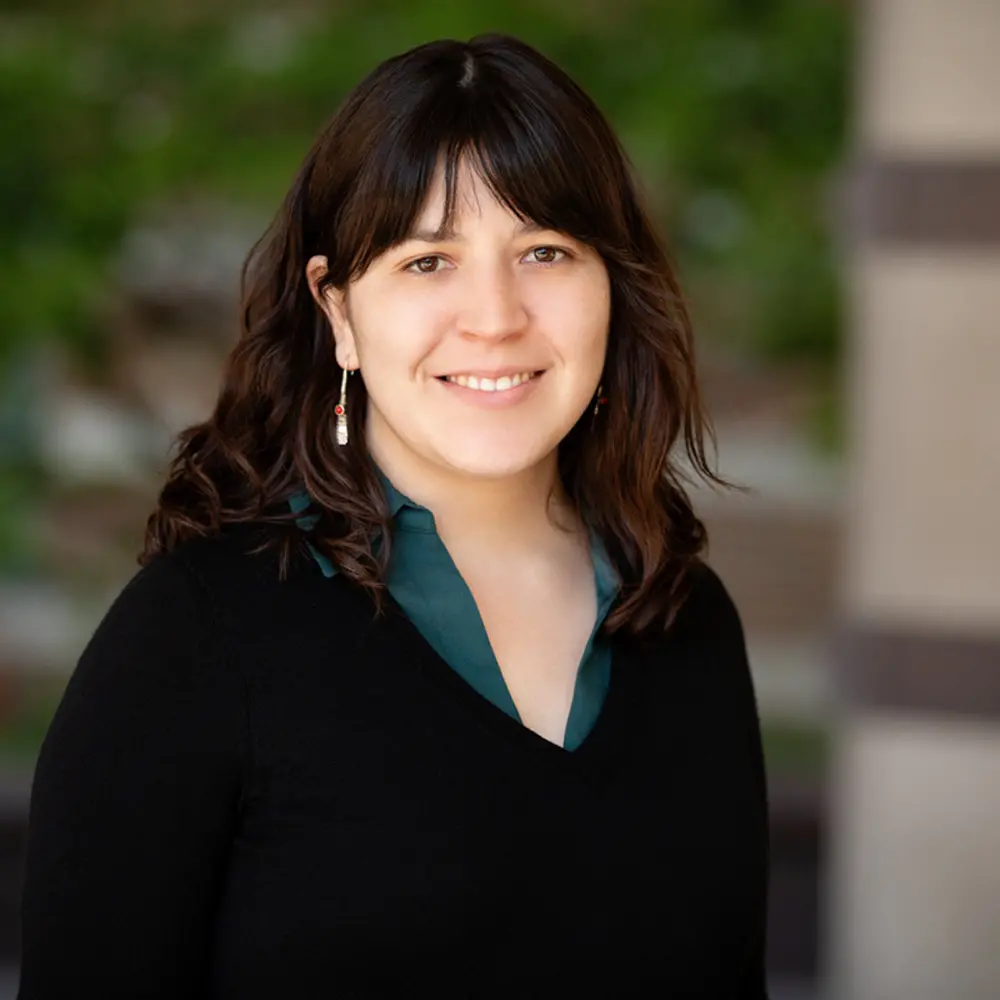
Professor Martinez was one of ten new faculty hires made in the School of Molecular and Cellular Biology in the last three years. Martinez is an assistant professor of microbiology and statistics and is an affiliate of the Carl R. Woese Institute for Genomic Biology, as well as the Department of Evolution, Ecology, and Behavior.
Tell us about your lab and your research focus, including how you came to choose or specialize in this area.
My research focuses on the population dynamics of pathogens. I use concepts from ecology and evolution to understand how pathogens are transmitted and how they have adapted to their environment. After I obtained my bachelor’s degree in biochemistry, I pursued a Ph.D. in ecology and evolution to further understand how molecular processes impact the population dynamics of these microorganisms.
What is especially exciting about this particular area of research, at this time?
Because most pathogens have short generation times and large population sizes, the epidemiological and evolutionary processes occur on similar time scales. This makes these microorganisms amenable to study them with relevance for both fundamental biology and applied public health. Experiencing an ongoing pandemic is a very exciting time to study infectious diseases!
What interested you the most about becoming a faculty member in the School of Molecular and Cellular Biology and the University of Illinois?
The University of Illinois is a unique place to do interdisciplinary research. I am part of the theme Infection Genomics for One Health (IGOH) within the Carl R. Woese Institute for Genomic Biology, where I have the opportunity to interact and collaborate with scientists from different disciplines.
What are your teaching interests?
I feel very passionate about math and the use of simple mathematical models to understand complex systems. I enjoy teaching courses that involve both math and programming skills to better understand biological processes.
If any students (undergrad or grad) are interested in working in your lab, what’s your advice or how can they get in touch with you?
Sending me an email explaining why they would like to do research under my guidance is the best way to contact me.
Tell us about someone who made a difference in your life, such as someone who sparked your interest in biology, who encouraged you to pursue a career in academia or challenged your thinking about a topic.
My undergraduate mentor was a key component of my path in academia. He encouraged me to apply for the Research Experiences for Undergraduates (REU) Program at the Santa Fe Institute in New Mexico. The Santa Fe Institute is a perfect place to work on projects that cross multiple fields and, in particular, to study complex ideas in biological systems. After that experience, I realized that I wanted to follow the academic path.
What do you like to do in your free time?
I enjoy spending time with my family and my cat. Pre-COVID, I used to climb indoors, but I have substituted that for walks around the neighborhood until indoor activities are safe again.
